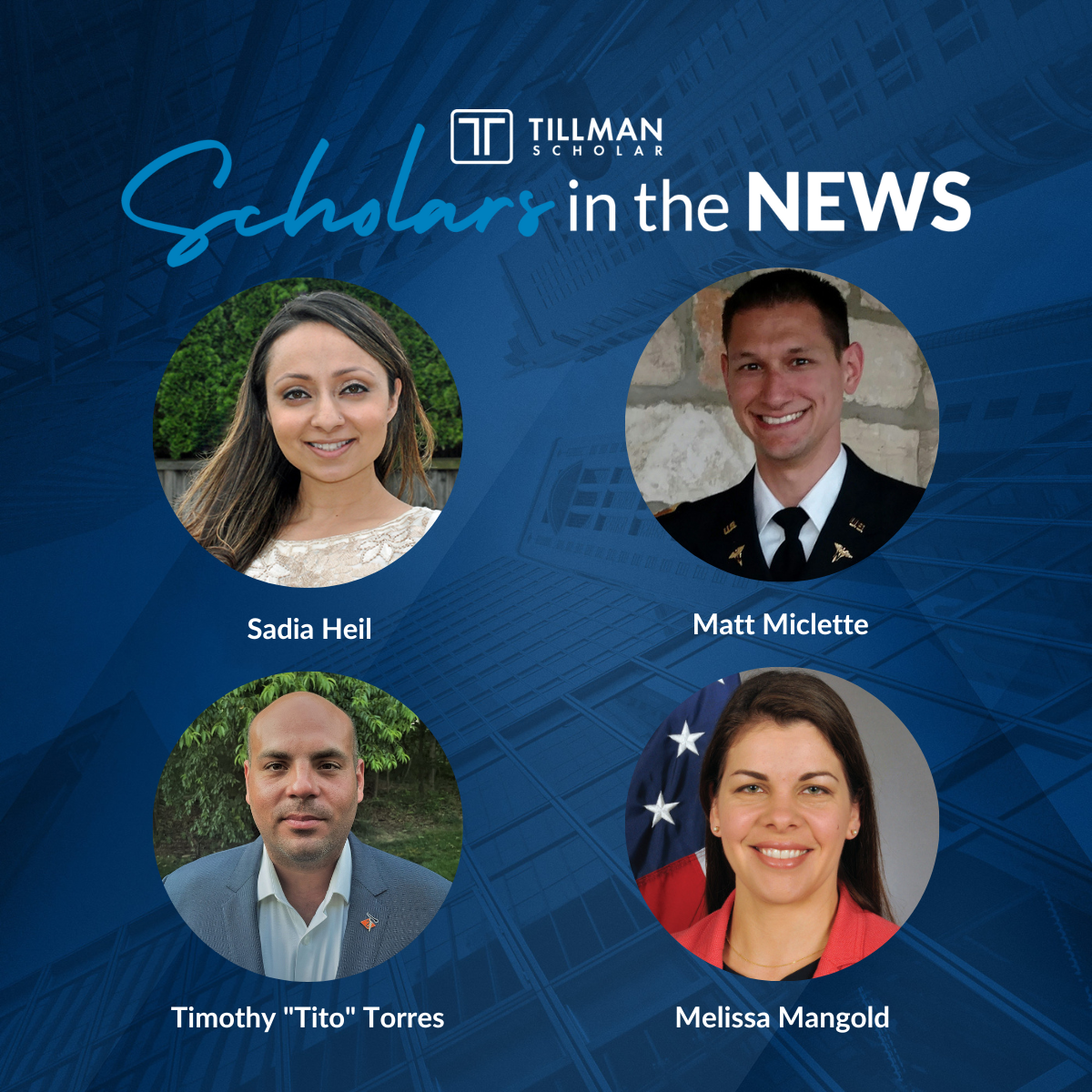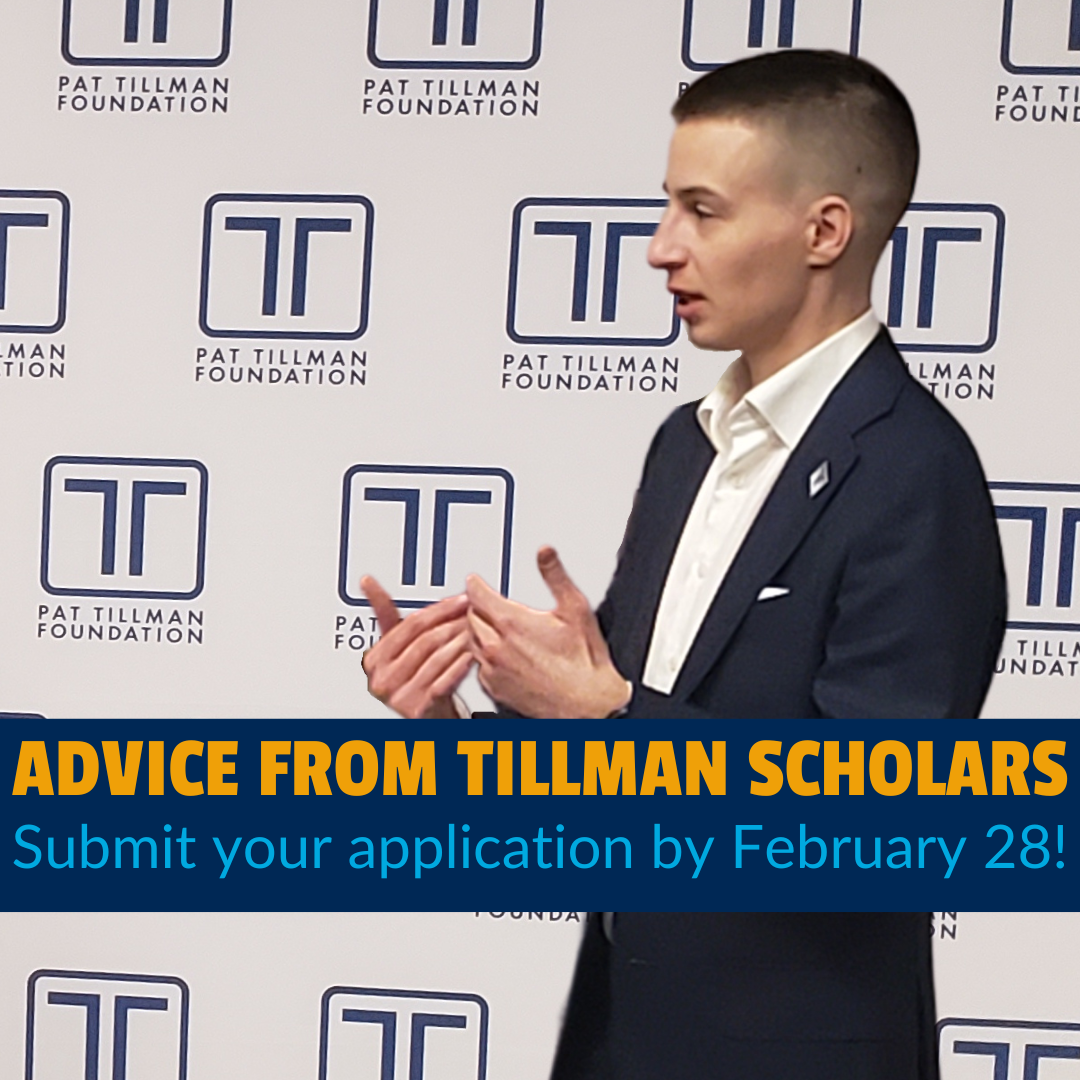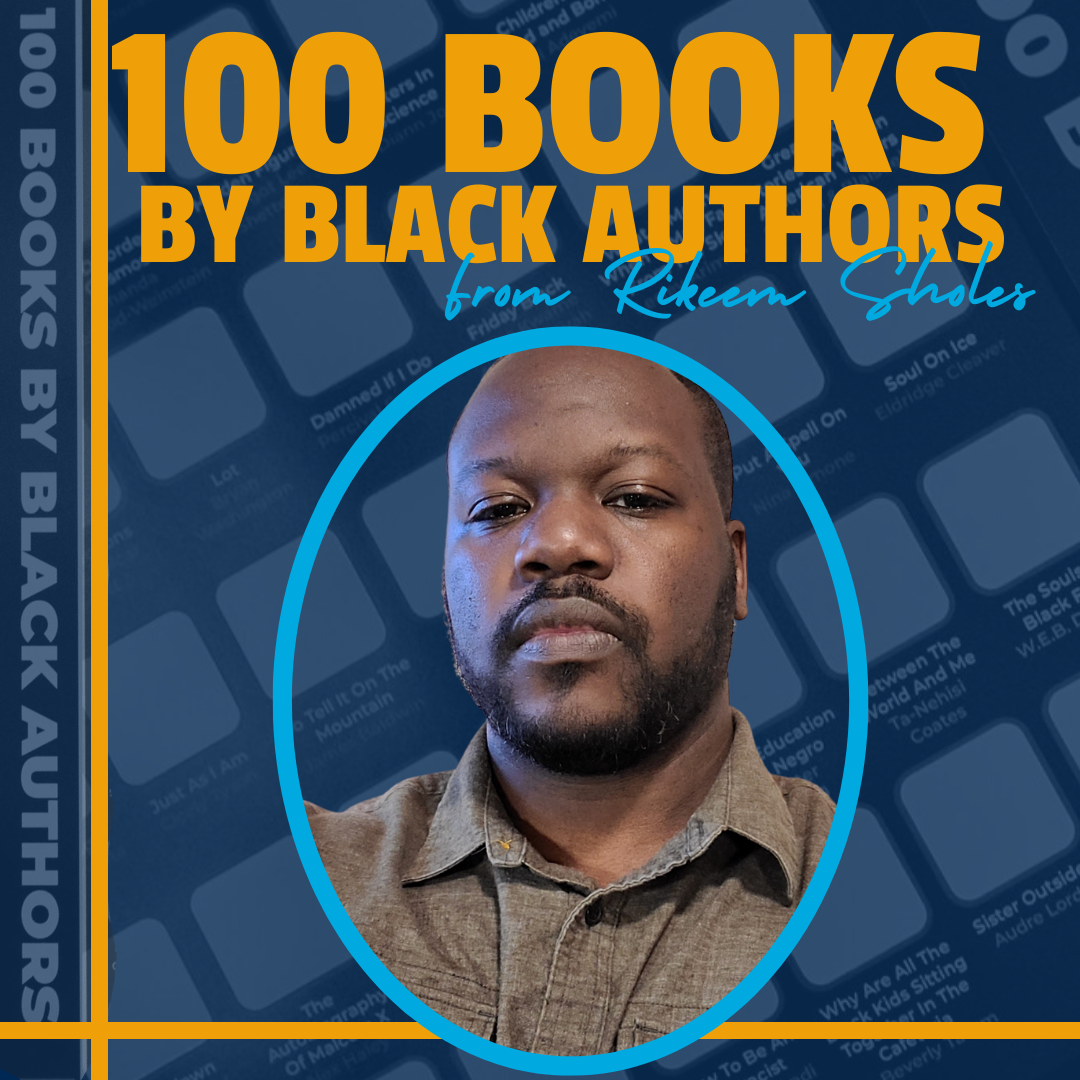Tillman Scholars in the News
We’re proud of these Tillman Scholars for continuing to make an impact on their communities. Read on to see how they continue to lead through action.
Sadia Heil, 2020 Tillman Scholar
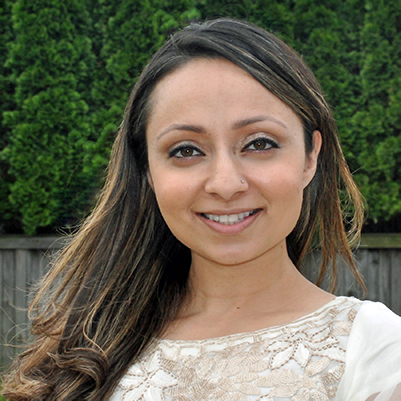 Sadia Heil was published in the War Horse for her article The Country We Loved Didn’t Love Us Back. Maybe This Time Would be Different.
Sadia Heil was published in the War Horse for her article The Country We Loved Didn’t Love Us Back. Maybe This Time Would be Different.
Sadia‘s parents emigrated from Pakistan with the resolve for a better life. They instilled in her the values of honesty, hard work, and service to family and community. After 9/11, Sadia witnessed an intense backlash against the Muslim American community. She felt a strong sense of duty, and joined the U.S. Air Force a few years later.
Sadia discovered her zest for education while serving in the military. Early on, she became an Air Force instructor and evaluator. Later in her career, she led an interagency subject matter expert exchange on counter-violent extremism with the Department of Justice, the U.S. Defense Attache for Sri Lanka, and the Maldivian National Defense Force.
As a mother, an Air Force reservist, and a military spouse, Sadia is enthusiastic about advocacy and education. She holds a master of education in special education, with a focus on autism spectrum disorders. She envisions serving individuals with disabilities—the world’s largest minority—through teaching, advocacy, and helping the most vulnerable communities access the services they deserve.
Matt Miclette, 2016 Tillman Scholar
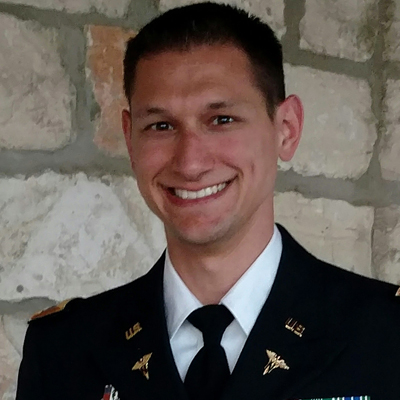 Matt Miclette’s company, NeuroFlow, was selected by the VA as their Mission Daybreak winner—a $20 million challenge designed to help the VA develop new suicide prevention strategies for veterans.
Matt Miclette’s company, NeuroFlow, was selected by the VA as their Mission Daybreak winner—a $20 million challenge designed to help the VA develop new suicide prevention strategies for veterans.
While serving at WRAMC and Walter Reed National Military Medical Center, Matt often received patients within five days of their initial injuries, most from Afghanistan, and witnessed up close the tragedy of war. Of the five quadruple amputee patients injured during the wars in Iraq and Afghanistan, three have been his patients. As debilitating as the physical injuries were, Matt learned it was the invisible injuries that were often most overlooked and particularly challenging for those in his care.
In 2013, he began the next phase of his career as a behavioral health nurse, working with patients suffering from PTSD. Now, with his Master of Public Health (MPH) and Master of Science in Social Policy (MSSP), Matt is leading clinical initiatives at NeuroFlow working with organizations such as Stop Soldier Suicide, Wounded Warrior Project, US Naval Academy, and US Air Force. Matt is also leading the implementing the evidence-based integrated behavioral health models, such as psychiatric collaborative care, into major health systems across the country.
Melissa Mangold, 2018 Tillman Scholar
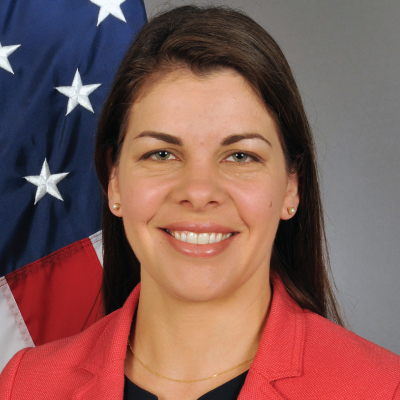 Melissa Mangold was published in State Magazine, co-writing an article on the Diplomatic Security Service.
Melissa Mangold was published in State Magazine, co-writing an article on the Diplomatic Security Service.
Studying Arabic and Middle Eastern culture during Operation Iraqi Freedom provided the unique opportunity to view the global war on terror and the role of America in the international playing field from a different perspective. It instilled in her a passion to advocate for the responsible pursuit of foreign policy objectives with commitment to the highest ethical standards. After honorably serving in the Army, she pursued this passion as a civil servant in the U.S. Department of State. She served five years in the regional bureau focused on Middle East and North Africa affairs, including two years at the U.S. embassy in Tunisia. Her embassy experience confirmed her inclination to pursue federal law enforcement with the Department of State.
Melissa chose American University’s Masters of International Service to enhance the foundation in global leadership, international policy and national security she previously gained from work experience and an undergraduate degree completed at George Mason University.
Timothy (Tito) Torres, 2021 Tillman Scholar
 Tito Torres co-wrote Our closest Afghan allies deserve better than what we’ve given them an opinion piece for The Hill.
Tito Torres co-wrote Our closest Afghan allies deserve better than what we’ve given them an opinion piece for The Hill.
Tito’s time in special operations evolved his views on the war’s impact and its lasting devastation on all who experienced it. With a strong desire to lessen the human suffering caused by armed conflict, Tito drastically altered his career path by volunteering for diplomatic roles within the Army. This new position brought Tito back to the same war zones he previously served as a Ranger, but this time with the mission to end and prevent armed conflict. During negotiations to support the Afghan peace process, Tito sat across from the same Taliban fighters he had previously faced on the battlefield.
This experience motivated Tito to pursue a master of arts in international business and policy at Georgetown University. Now a Chief Warrant Officer 2, he will use his combat experience, diplomatic expertise, and education to develop actionable economic and government stability policies designed to prevent future conflicts and improve the quality of life in turbulent regions.

